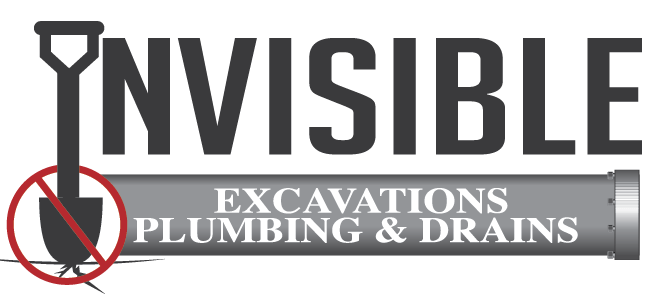Some people become uneasy when they see a sump pump in a home they’re interested in buying because they assume the sump pump’s presence means the home previously flooded. This; however, is not always the case. There are many reasons homes have sump pumps, and many reasons you should consider installing one if you live in a home without one. See below for some common reasons (many of them overlapping) that home’s have sump pumps.
They’re Located in Flat or Low Areas With Soil That Collects Water
Ground water, or surface water, can make its way into a home’s foundation through even the tiniest of cracks. If a home is situated at the bottom of a large hill or hills, the sloping land may lead excess ground water towards the home.
They’re Located in Areas that Experience Heavy Rains or Snow
While flooding can occur in any home at any time of the year, there are some homes more prone to flooding – especially in the spring when snow and ice are melting and heavy seasonal rains are beginning.
The Federal Emergency Management Agency (FEMA) creates flood maps identifying the flood zones in your community. You can look at the flood maps to see if a property you’re interested in, or the one you currently live on is in a flood zone.
They Have a Finished Basement Storing Costly Valuables
When most people invite guests over to check out their recently finished basement, they’re usually showing off their walls, plush carpeting, big screen TVs and comfortable couches. What they’re not showing off is their sump pump, which has been installed to help them avoid stained walls, soggy carpets, and ruined furniture. The sump pump adds a layer of protection for the investment of a finished basement.
They’re Avoiding Mold & Other Health Risks
Sump pumps not only protect finished basements from flooding, but also from much smaller amounts of moisture that can cause mold growth.
Mold grows in places with lots of moisture, meaning it can grow especially well near leaks and areas where flooding has occurred. Mold can also grow on just about any of the common items found in basements, including cardboard boxes, ceiling tiles, insulation, drywall, carpet and upholstery.
The Centers for Disease Control and Prevention say that mold affects people differently causing symptoms ranging from nasal stuffiness, throat irritation and coughing to eye irritation and skin irritation. The CDC has also identified links between mold and more severe health problems.
Do I Need a Sump Pump?
As you have read, sump pumps eliminate moisture and help to prevent flooding in your basement. More than 60% of U.S. homes have moisture in their basements or crawlspaces, so it’d be wise to have yours inspected. Prior to the inspection, a professional can walk you through your options for moisture prevention, which may include basement waterproofing or sump pump installation.
Do I Need a Backup Sump Pump?
Because sump pumps are dependent on your home’s electric system, if the power goes out during a heavy storm, your sump pump won’t work. Therefore, we highly recommend that anyone with a sump pump also install a battery backup as an added layer of protection.

